Sarcopenia refers to the age-related loss of muscle mass, strength, and function. It is a natural process that typically begins around the age of 40 and becomes more prominent as individuals get older.
Continue reading4 weight loss tips for men 50+
Losing weight can become more challenging as we age, especially for men over 50. However, with the right strategies it is still possible to achieve successful weight loss. Here are five tips to help men over 50 lose weight
Continue reading4 weight loss tips for women 50+
Losing weight can become more challenging as we age, especially for women over 50. However, with the right strategies backed by scientific evidence, it is still possible to achieve successful weight loss. Here are five tips to help women over 50 lose weight.
Continue readingIncrease your NEAT
NEAT stands for Non-Exercise Activity Thermogenesis. It refers to the energy expenditure or calories burned through all daily activities and movements that are not intentional exercise.
Continue readingMenopause: What you need to know
Menopause is a natural biological process that occurs in women, typically between the ages of 45 and 55, marking the end of their reproductive years. It is characterized by a decrease in estrogen and progesterone hormone production.
Continue readingAndropause: What you need to know
Andropause, also known as male menopause, refers to a gradual decline in testosterone levels in aging men. While not all men experience the same symptoms or severity, it generally occurs in men over the age of 40.
Continue readingCORE CONDITIONING FOR LOWER BACK PAIN
Back pain is a very common complaint amongst the training industry and in particular the lower back, however back pain can be felt anywhere along the spine from the neck down causing discomfort and add that ‘fear’ to exercise incase of further damage.
Continue readingWhy we exercise
We all have our own opinion on why we exercise and the benefits we get from exercise but what is really happening to our bodies and mindset when we choose to frequently exercise.
Continue readingProtein Intake
We are all told to eat more protein. But why? What are the roles of protein? And why does having a high protein diet affect our results with training?
Continue readingProgressive overload
There are many ways to adapt your workouts to encourage muscle development (hypertrophy), this is known as progressive overload, gradually increasing the demand on your body to force it to improve.
Continue reading









